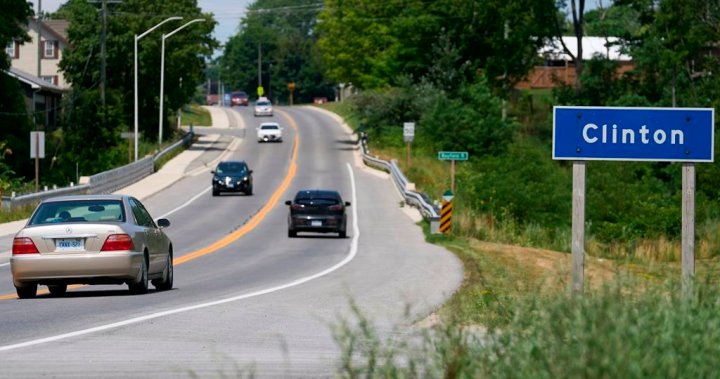Randy Marriage, a lifelong resident of Clinton, Ontario, is disappointed that his grandchildren will not have the same opportunity to cool off at the town’s only pool as he did growing up. The decision to close the pool was made by local authorities due to high refurbishing and maintenance costs. Smaller communities like Clinton are especially vulnerable to the impacts of climate change, as they typically have limited resources to adapt to a warming world. Furthermore, obtaining funding for new projects often requires grants from higher levels of government, which can be challenging for small municipalities like Clinton.
Experts agree that smaller communities face difficulties in navigating bureaucratic hurdles to secure grant money for climate adaptation projects. Salomé Sané of Greenpeace Canada suggests the creation of a climate adaptation fund specifically for small communities to help them upgrade buildings, improve transportation, and provide access to real-time information about heat waves. These tailored solutions are necessary to ensure that rural areas like Clinton can effectively prepare and adapt to extreme heat events in the future.
Located in Central Huron, Clinton is home to around 3,000 residents who may struggle to cope with increasingly hot summers in the absence of a pool. Mayor Jim Ginn acknowledges that the municipality lacks the resources to adequately address the challenges posed by climate change. While the community currently relies on a splash pad and cooling centre during heatwaves, Ginn recognizes the need for additional support from senior levels of government to better prepare for the future. The decision to permanently close the pool was made due to financial constraints, but could potentially be reversed with funding from public donations or government grants.
Residents of Clinton, like Stacey Petteplace and Angelee Bird, are disappointed by the pool’s closure, as it limits their access to a safe place to cool down during summer. Petteplace highlights the inconvenience of having to travel to neighbouring towns for swimming facilities, especially for those without access to vehicles. Bird shares concerns about the lack of options for residents during extreme heat events, citing a recent power outage at her apartment building. In contrast, Seaforth, Ontario, has seen a positive development with the opening of its first splash pad, funded through community efforts and donations. Dean Wood, who led the project, praises the town’s ability to come together and provide a much-needed cool-off spot for residents.
Seaforth residents, including Nicole Ward, express gratitude for the new splash pad, noting its family-friendly atmosphere and the relief it offers on hot summer days. The success of the splash pad project demonstrates the importance of community support and local initiatives in addressing climate challenges. While Clinton faces uncertainty regarding the fate of its pool, the example of Seaforth serves as a reminder of the potential for smaller communities to take action and create cooling facilities that benefit residents of all ages. With a focus on tailored solutions and increased support from government programs, towns like Clinton can better prepare for the impacts of climate change and ensure access to essential resources for all residents.


